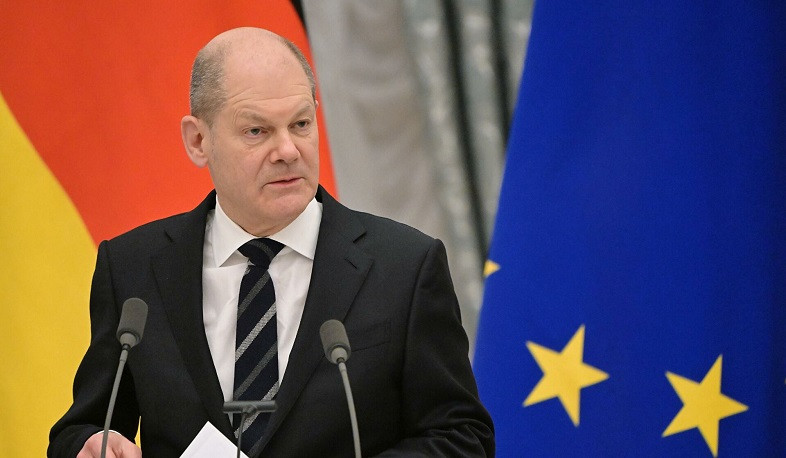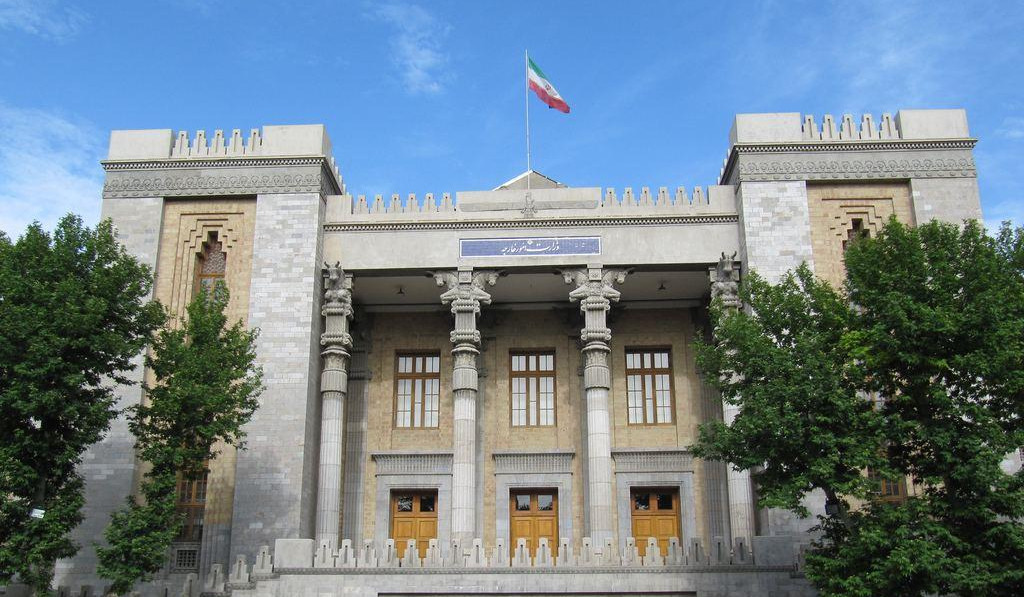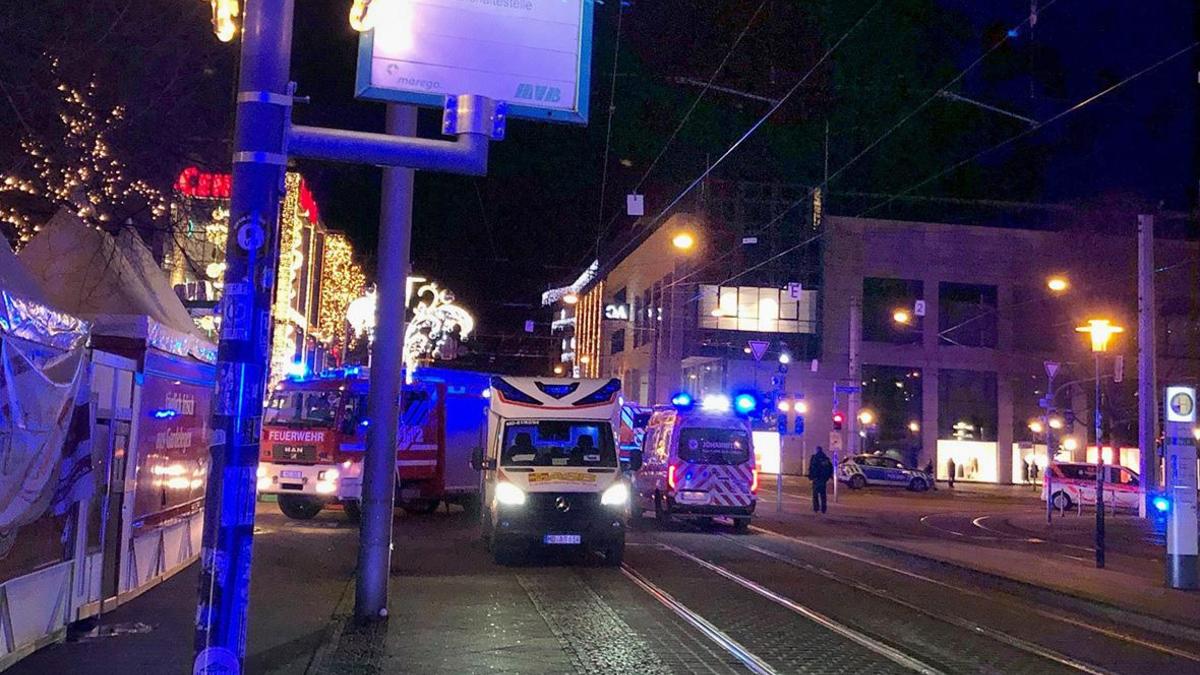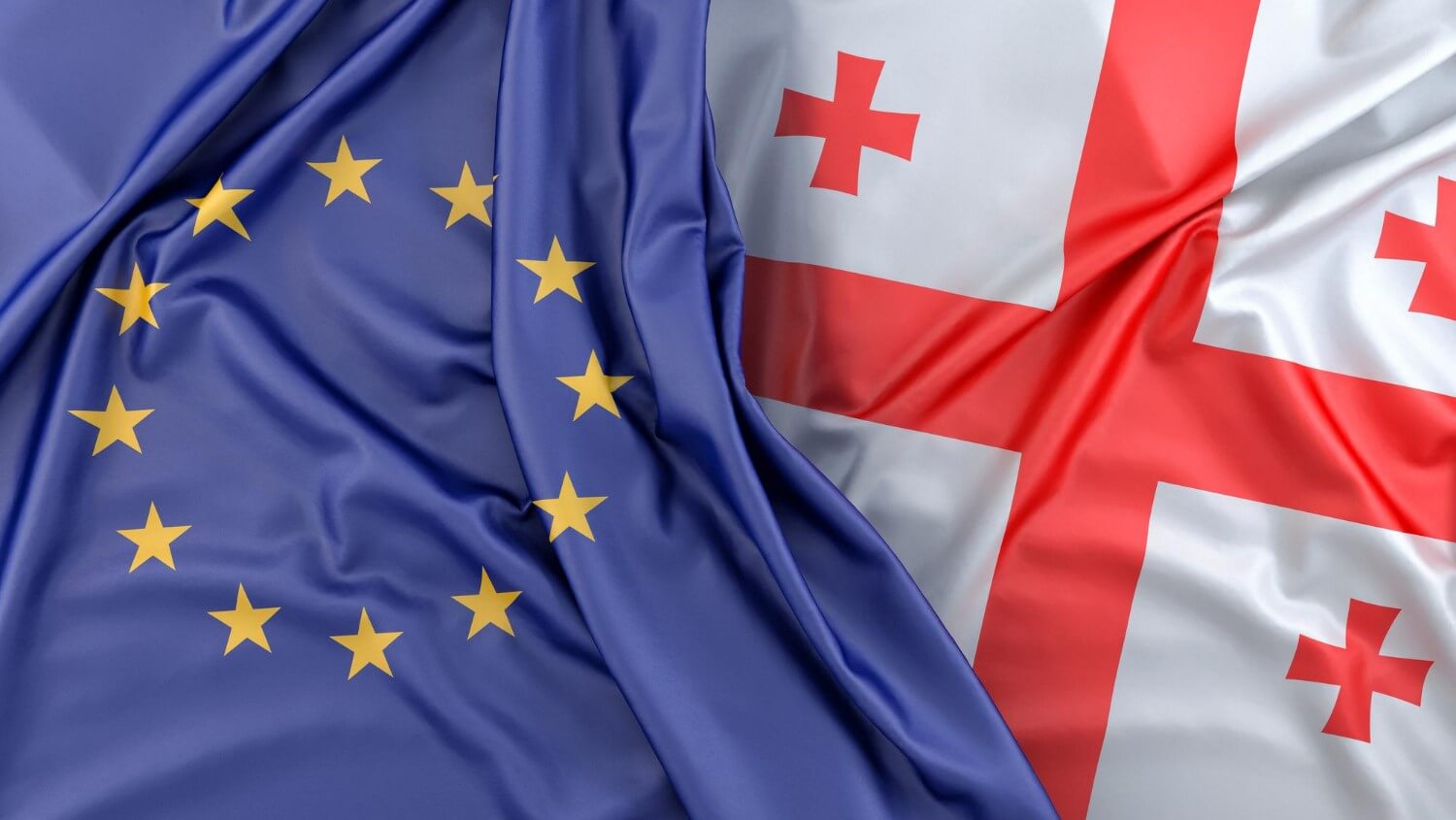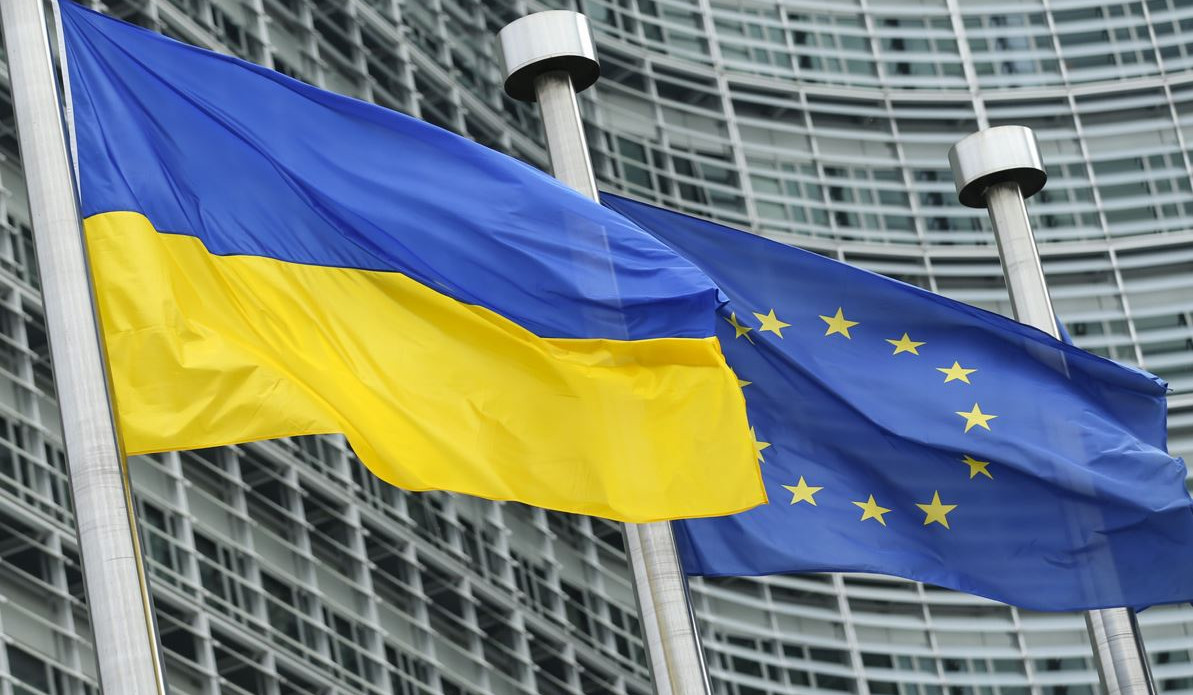Sheikh Naim Qassem named Hezbollah’s new leader
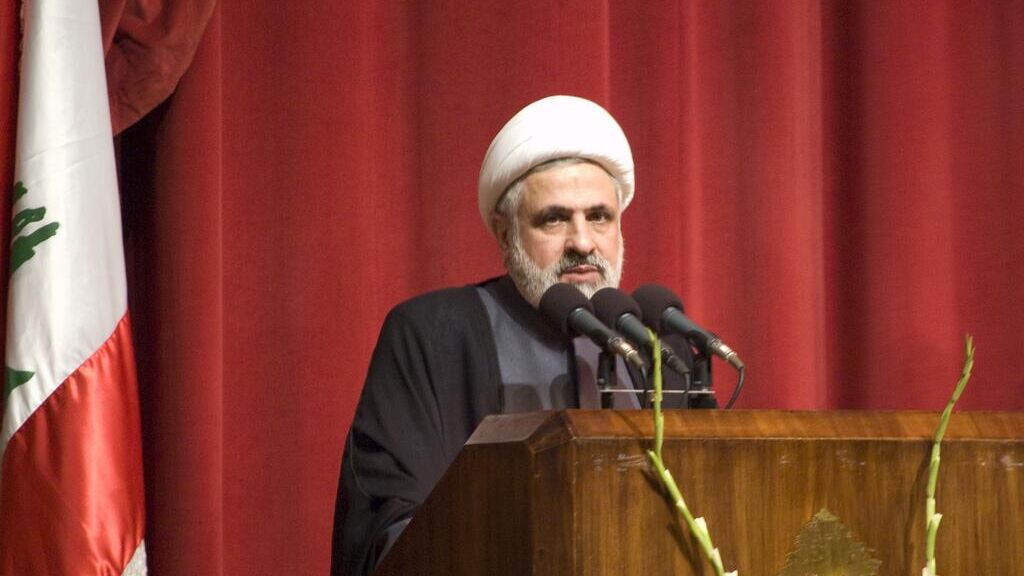
Sheikh Naim Qassem named Hezbollah’s new leader

Reuters. Sheikh Naim Qassem was named as Hezbollah’s new leader today, October 29. Hezbollah’s deputy secretary general Sheikh Naim Qassem has been a senior figure in the Iran-backed movement for more than 30 years.
Born in 1953 in Beirut to a family from Lebanon’s south, Naim Qassem’s political activism began with the Lebanese Shi’ite Amal Movement. He left the group in 1979 in the wake of Iran’s Islamic Revolution.
He took part in meetings that led to the formation of Hezbollah, established with the backing of Iran’s Revolutionary Guards in response to the Israeli invasion of Lebanon in 1982. Qassem was appointed deputy chief in 1991 by the armed group’s then-secretary general Abbas al-Musawi, who was killed by an Israeli helicopter attack the following year. Qassem remained in his role when Sayyed Hassan Nasrallah became leader.
Qassem wears a white turban unlike Nasrallah and Hashem Safieddine, whose black turbans denoted their status as descendants of the Prophet Muhammad. Qassem has long been one of Hezbollah’s leading spokesmen, conducting interviews with foreign media. In the wake of the October 7 attacks, Qassem said Hezbollah would not stay on the sidelines of the conflict between Israel and Hamas, saying the group was “fully ready” to contribute to the fighting. On July 3, 2024, senior Hezbollah commander Mohammed Nasser was killed in an Israeli airstrike.
The same month, an Israeli strike killed Hezbollah’s top commander Fuad Shukr, right-hand man of Hezbollah chief Nasrallah. In September, Qassem spoke at the funeral of Hezbollah senior leader Ibrahim Aqil and Hezbollah member Mahmoud Hamad, who were killed in an Israeli strike. Qassem said the group has entered a new phase in its battle with Israel, which he described as an “open-ended battle of reckoning”. Israel carried out strikes in Beirut on 27 September targeting Hezbollah’s central headquarters and killing their leader Sayyed Hassan Nasrallah.
A year on from the October 7 attacks, Qassem said his movement supported efforts to reach a ceasefire for Lebanon, but for the first time omitted any mention of a Gaza truce deal as a pre-condition to halting the group’s fire on Israel. But Qassem remained defiant, saying Hezbollah’s capabilities were intact and its fighters were pushing back Israeli ground incursions, despite the “painful blows” in recent weeks.
On October 15, Qassem again suggested a ceasefire, but said that since Israel had targetted all of Lebanon, Hezbollah could target anywhere in Israel.
